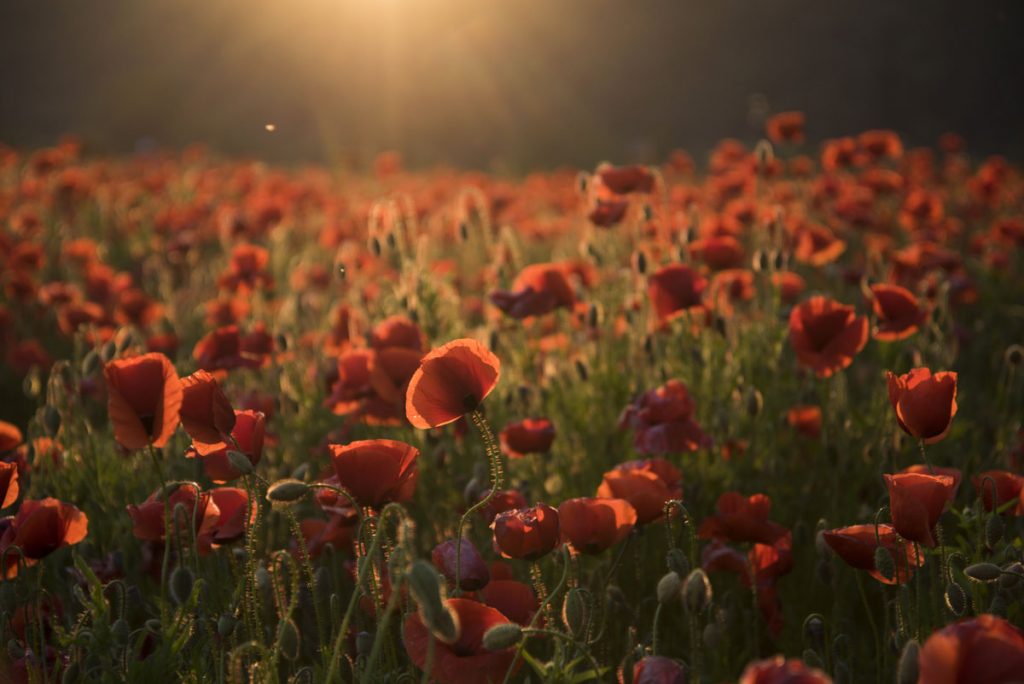
#IpevLive | The Uses and Abuses of Memory: Case Study on Palestine and Israel
In this last #IpevLive conversation that took place on June 29, 2021, Inès Abdel Razek from the Palestine Institute for Public Diplomacy, Alain Dieckhoff from the Center for International Studies at Sciences Po Paris and independent film-maker katya Chelli discussed with Journalist Hal Plotkin the particular dynamics of memory in Palestine and Israel, how those memories shaped the past, and explored how approaches informed by the social sciences could reveal opportunities for a less violent future.
Listen to the podcast!
Highlights
According to Alain Dieckhoff, memories are very important in the Israeli-Palestinian conflict as the creation of Israel in 1948 is not seen the same way from the Palestinian side and the Israeli side. Indeed, for the Palestinians, the creation of Israel is described as “the Nakba” (“the catastrophy”). “We shouldn’t have the illusion that everybody agrees on the memory of the conflict”, he said. On the other hand, Inès Abdel Razek observed that the Palestinanians don’t have the permission to narrate their story. There is according to her some blindness and denial that erase the Palestinians’ story. Film-maker Katya Chelli insisted on the importance of creating organisations that could bring both sides together. “It is important to find ways to create avenues of communication. The wall is physical but psychological too”, she said.
When it comes to projects that might help tell the stories more accurately and give the Palestinians the opportunity to tell their story, Inès Abdel Razek insisted on hearing the Palestinians and looking at the current power dynamics. But she stated: “We are not in a time of reconciliation and healing. The violence is happening everyday. There is an apartheid system today and systemic dominiaton of one people over another. This must not be forgotten”.
According to Alain Dieckhoff, historians have to do their jobs and work on israeli archives. He explained why the issue of memory is such an obstacle today, mentioning the inequalities between the Israelis and the Palestinians and the fact that there is no definite settlement between the two sides. “You can go beyond the antagonistic memory if you reach settlement but we are not yet at that point”, he argued. Katya Chelli, director of the documentary “Healing Hearts” that show Palestinians and Israelis working together, added that making films is important because it shows what happens on the other side. There is a possibility for collaboration and an opportunity to change people’s views on both sides through films.
According to Alain Dieckhoff, There is a rise in religious nationalism on both sides which fuels intolerance, Jews and Arabs are struggling and many people pay the price of those nationalistic projects. For Ines Abdel Razek, religion has been instrumentalized politically but It’s a symptom rather than a cause. She insisted on the importance of not describing this conflict as a religious one. “Zionism is very much a colonial movement and that created the problem”, she concluded whereas Alain Dieckhoff argued that “reality is not black and white, it’s grey”.
